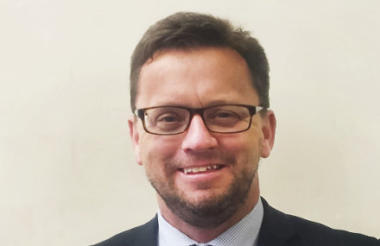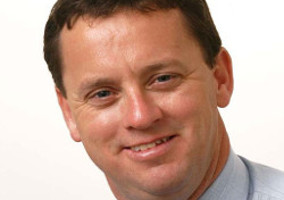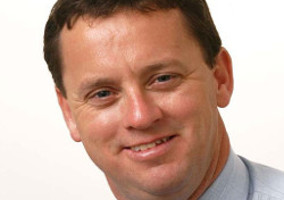The former minister for civil society said that the sector has become “too inward looking” and missed the “big strategic issue for the sector” of creating new funding streams.
Rob Wilson, who was minister for civil society up until the last election, when he failed to keep his seat in Reading East, has written a blog reflecting on his time in the role for Third Sector magazine.
In it, Wilson said that in his meetings with charities “it became apparent that some within the sector shared the worry that it had become too inward looking and had developed a group-think mentality”.
He also said that government was often “surprised by the issues that were given highest priority”. He said the “big strategic issue for the sector” was creating new funding streams, but suggested the sector did not always recognise this “blindingly obvious” issue.
"How can new funding streams be created to sustain and increase the much-needed contribution of charities and social enterprises to society at a time of stretched public funds?” he wrote. "This is likely to be the case for a long time, so it's what I wanted government to focus on”.
Wilson said that they felt the sector’s prime concern should be the “independence that new funding streams would provide,” and that the implications of this would be that “first, the sector needed to prioritise protecting its reputation; and, second, it had to support and advocate robust and effective regulation”.
Dormant Assets Fund as a matched fund
Wilson said he took pride in identifying new funding sources. He said that the Dormant Assets Commission has provided a blueprint to bring in up to £2bn, and the Reclaim Fund will soon release tens of millions of pounds to charities.
He said his plan had been to set up a long term fund with this money that would support charities for decades to come, "complementing the Big Lottery Fund but just as significant in scope and influence".
He said that alongside other initiatives, this would “produce a multibillion-pound, long-term flow of funding”.
Conservative Party’s relationship with the sector
Wilson also said that charities were too suspicious of the Conservative Party, and that the sector was not well integrated into political thinking.
“I don't think I'm being controversial if I say that some charity sector representatives are naturally suspicious of a Conservative government," he wrote.
“David Cameron and Nick Hurd went some way to overcoming this scepticism and did much to improve relationships, although this progress was somewhat undermined by Brooks Newmark's brief tenure."
He said that the sector has been suspicious of his own approach, and that charities were wrong to believe he lacked passion for the sector.
“But as a minister my role couldn't just be about warm words," he said. "I had to focus on making serious and beneficial reforms, whether they were popular or not."
He added that he has “no doubt the sector will be in a significantly better place” as his reforms run through.
He said that charities were a relatively low priority for the government.
"The charity sector is known as the third sector, and the truth is that is a fair reflection of where it sits in the political pecking order," he wrote. "Despite rallies of interest from governments over the decades, it has never really been integrated into political thinking."
Three pieces of advice
Wilson offered three pieces of advice to the sector. The first is “don't get side-tracked by inward-focused debates: what matters is creating new funding sources”. He said the sector can do more to align itself with government to bring this about.
His second was to “back the Charity Commission through thick and thin”, saying it upholds the sectors relationship and “is essential to its success”.
His third and final piece of advice to the sector was: “Get closer to the Conservative Party and government: judge them on their actions. We do value the role of charities highly, but we have a different view about how things are delivered.”
Related articles












